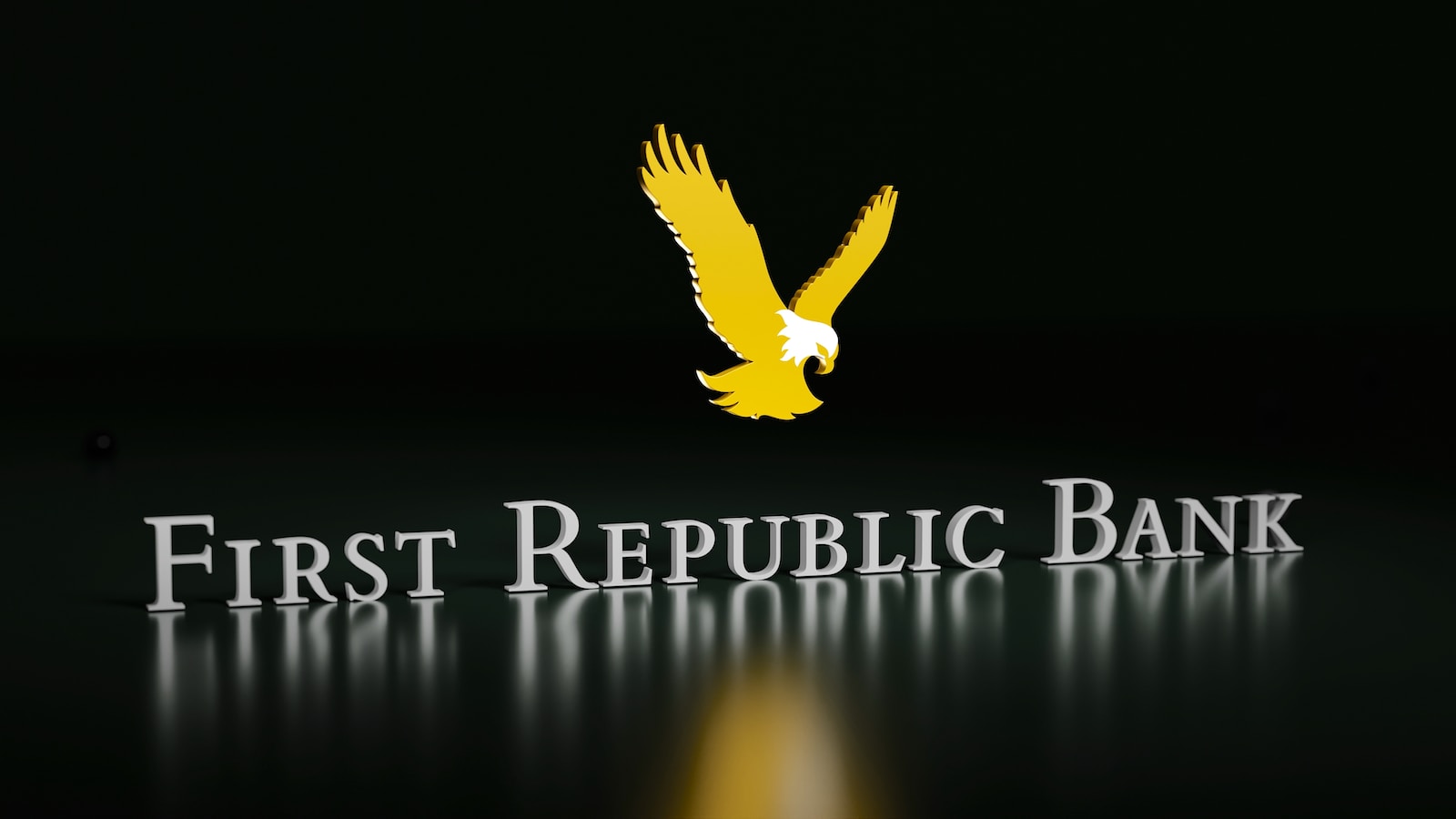Hello, fellow ethical spenders! I’m Sarah Green, and I’ve been on a delightful journey of exploring ethical spending for over four years now. Today, I’m excited to delve into a topic that’s crucial for small businesses: aligning financial management with ethical standards. So, grab your favorite ethical brew (mine’s a fair-trade coffee), settle in, and let’s embark on this enlightening journey.
In a world where consumer awareness is growing, ethical considerations are becoming increasingly important for businesses of all sizes. Small businesses, in particular, have a unique opportunity to embrace ethical financial management practices that not only enhance their reputation but also contribute to the greater good. So, how can small business owners align their financial strategies with ethical standards? Let’s break it down.
Transparent Accounting Practices:
Transparency is the cornerstone of ethical financial management. For small businesses, this starts with maintaining clear and accurate financial records. Your balance sheet, income statement, and cash flow statement should be transparent and easily accessible for stakeholders, including investors, employees, and customers.
Consider this scenario: A small bakery owner, Lisa, ensures her financial records are well-maintained and openly available. She uses accounting software to track every transaction, from purchasing organic ingredients to paying fair wages to her staff. By doing so, she not only builds trust with her customers but also attracts ethically conscious investors who value her commitment to transparency.
Sustainable Sourcing:
Ethical spending often revolves around sustainability, and that extends to the way small businesses source their materials and products. By opting for sustainable suppliers and ethical sourcing practices, small businesses can make a significant positive impact on the environment and society.
Imagine a local boutique, “EcoChic Fashions,” that prides itself on offering sustainable clothing. The owner, Jane, carefully selects suppliers who use organic and eco-friendly materials. Her commitment to ethical sourcing not only attracts eco-conscious customers but also allows her to market her products as socially responsible.
Fair Wages and Employee Benefits:
Treating employees fairly is a fundamental aspect of ethical financial management. Small business owners should pay attention to fair wages, provide benefits, and create a positive work environment. This not only promotes employee satisfaction but also attracts top talent.

Consider the case of “GreenGarden Landscaping,” a small landscaping company. The owner, Mike, believes in paying his employees above-average wages and offers health insurance benefits. His employees are motivated, and the company has low turnover, reducing recruitment costs. Mike’s ethical approach to employee compensation has become a selling point, helping his business thrive.
Ethical Marketing and Advertising:
Your small business’s marketing and advertising strategies should align with ethical standards as well. Avoid deceptive practices and ensure your messaging is honest and transparent. Consumers today are savvy and appreciate brands that genuinely care about their well-being.
Take “Pure Bliss Beauty,” a small skincare company. Instead of making false claims about their products, they emphasize the natural ingredients used in their products and the cruelty-free testing methods. By doing so, they have gained a loyal customer base that values their commitment to ethical advertising.
Community Engagement:
Small businesses have a unique opportunity to foster positive change in their local communities. Engaging in community projects, supporting local charities, or participating in neighborhood events can demonstrate a commitment to ethical values.
Imagine “Pet Pals,” a small pet store that regularly hosts adoption events in partnership with local animal shelters. They donate a portion of their profits to support animal welfare organizations. This community involvement not only enhances their reputation but also creates a sense of goodwill among their customers.
Ethical Investment and Financing:
Small business owners can also make ethical choices when it comes to financing and investment. Seek out ethical lenders or investors who share your values and are willing to support your mission.
Consider “GreenTech Innovations,” a small tech startup focused on sustainable energy solutions. They secured funding from an ethical investment firm specializing in renewable energy projects. This not only provided the capital needed to grow but also aligned with their mission to create a greener future.
Continuous Learning and Adaptation:

Ethical financial management is not a static concept; it evolves with time and societal values. Small business owners should stay informed about emerging ethical standards and adapt their practices accordingly.
Think of “EcoEats Cafe,” a small restaurant committed to serving organic, locally sourced meals. As plant-based diets gained popularity, they adjusted their menu to offer more vegan options, showcasing their commitment to staying aligned with evolving ethical consumer preferences.
In conclusion, aligning small business financial management with ethical standards is not just a noble endeavor; it’s also a smart business move. By embracing transparency, sustainable sourcing, fair treatment of employees, ethical marketing, community engagement, and ethical investment, small business owners can build a strong ethical foundation that attracts customers, investors, and employees who share their values.
Remember, ethics isn’t a static destination; it’s a journey. So, whether you’re running a cozy bakery or a cutting-edge tech startup, make ethical financial management a part of your business DNA. In doing so, you’ll not only contribute to a better world but also set your small business on a path to long-term success.
Stay ethical, stay fabulous, and keep making a positive impact, one ethical choice at a time!

































